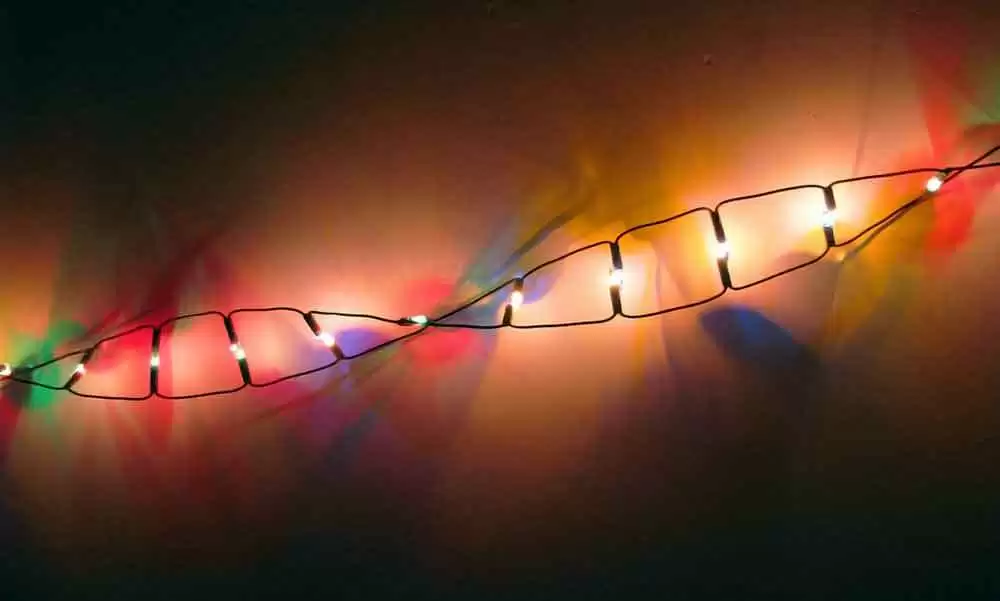Celiac.com 09/19/2025 – Celiac disease is a chronic autoimmune condition triggered by eating gluten. It can cause a wide range of symptoms, from digestive problems to skin, bone, and neurological issues. Some people experience many symptoms on a daily basis, while others may have only a few or none at all. Because symptoms vary so widely, celiac disease can be difficult to recognize and diagnose.
7 Major Categories of Celiac Symptoms
- Digestive symptoms: abdominal pain, bloating, gas, diarrhea, constipation, nausea, vomiting, steatorrhea (fatty stools).
- Non-digestive symptoms: fatigue, weakness, anemia, weight loss, malnutrition, delayed growth, irritability, depression, anxiety, brain fog.
- Skin symptoms: itchy rash, blistering, dermatitis herpetiformis, eczema.
- Bone and muscle symptoms: joint pain, muscle pain or cramps, osteoporosis.
- Neurological symptoms: headache, migraine, ataxia, neuropathy, seizures, cognitive problems.
- Reproductive symptoms: infertility, irregular periods, recurrent miscarriage.
- Silent celiac: no obvious symptoms despite intestinal damage.
Symptoms in Adults vs. Children
Adults most often experience diarrhea, fatigue, and weight loss. Other common adult symptoms include bloating, gas, abdominal pain, nausea, and constipation. Many of these problems are linked to nutritional deficiencies caused by intestinal damage and poor nutrient absorption.
Symptoms in Children
Celiac.com Sponsor (A12):
In children under 2, symptoms may include vomiting, chronic diarrhea, failure to thrive, muscle wasting, poor appetite, and a swollen belly. Older children may show diarrhea or constipation, weight loss, irritability, short stature, delayed puberty, and neurological problems such as ADHD, learning difficulties, headaches, poor coordination, and seizures.
Why Symptoms Can Be Confusing
Many celiac symptoms are vague and can be mistaken for other conditions. These include dental enamel defects, osteoporosis, depression, joint pain, mouth sores, skin rashes, and tingling or numbness in the feet and legs. Because celiac can mimic anemia, Crohn’s disease, irritable bowel syndrome, ulcers, or even skin and nerve disorders, diagnosis is often delayed.
Common Signs and Symptoms
- Abdominal pain, gas, bloating, cramps
- Acne, eczema, dry skin, rashes
- Anemia (iron or folate deficiency)
- Ataxia (gluten ataxia)
- Diarrhea or constipation
- Dental enamel defects
- Delayed puberty, short stature, failure to thrive
- Fatigue, weakness, malaise
- Frequent headaches or migraines
- Joint or muscle pain, cramps, weakness
- Infertility, recurrent miscarriage
- Neuropathy (tingling or numbness in hands/feet)
- Malnutrition and weight loss/gain
- Osteoporosis, low bone density
- Panic attacks, anxiety, depression
- Stomach rumbling, nausea, vomiting
- Vitamin and mineral deficiencies (A, B, D, E, K, zinc)
Conditions Associated with Celiac Disease
People with the following conditions are at higher risk for celiac disease:
- Addison’s Disease
- Anemia
- Anorexia nervosa, bulimia
- Arthritis, asthma
- Autism, ADHD
- Ataxia, neuropathy, brain disorders
- Chronic fatigue syndrome, fibromyalgia
- Crohn’s disease, irritable bowel syndrome
- Dermatitis herpetiformis, eczema, psoriasis
- Diabetes (type 1)
- Down syndrome
- Epilepsy, seizures
- Hashimoto’s thyroiditis, thyroid disorders
- Liver and biliary disorders (fatty liver, PSC)
- Lupus, multiple sclerosis, scleroderma
- Refractory celiac disease, collagenous sprue











Recommended Comments